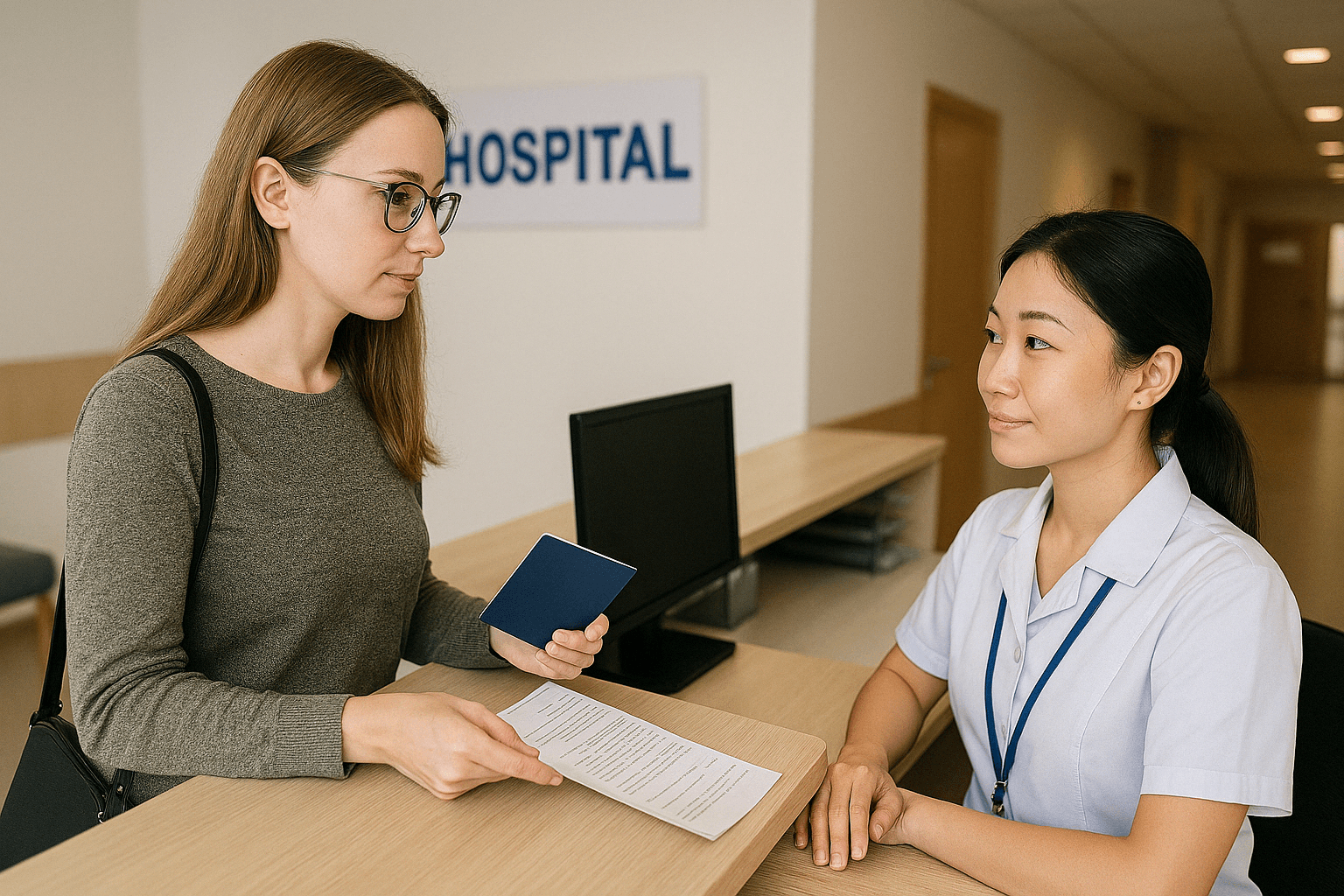Healthcare in Korea is known for its quality and speed, but without insurance, it can also be costly—especially for foreigners. Whether you’re a long-term resident or a short-term visitor, understanding Korea’s health insurance system is essential. Here’s what you need to know.
1. Can Foreigners Get National Health Insurance in Korea?
Yes. Foreigners who are:
- Registered with the immigration office (with an ARC)
- Staying in Korea for more than 6 months
→ Are eligible (and usually required) to enroll in Korea’s National Health Insurance (NHI).
Enrollment is typically automatic for those with work visas or student visas, but individual sign-up is also possible at the NHIS (National Health Insurance Service) office.
Tip: ARC and a Korean address are required to register.
2. What Does Korean Health Insurance Cover?
National Health Insurance covers:
- 70% of outpatient and inpatient medical costs
- Most diagnostic tests, surgeries, and prescriptions
- Some dental and physical therapy services
You’ll only need to pay about 30% of the total bill. Without insurance, you pay 100%—which adds up quickly.
3. What If I Don’t Have Insurance?
If you’re uninsured:
- A routine checkup that costs 10,000 KRW with insurance may cost 30,000–40,000 KRW without it
- Advanced tests (e.g., MRI) can exceed 1 million KRW out of pocket
For short-term travelers, private travel insurance or international health coverage is recommended.
4. Are There Alternatives for Short-Term Visitors?
Yes. If you’re staying less than 6 months:
- Use travel insurance from your home country
- Consider credit card travel insurance (some premium cards offer automatic health coverage abroad)
- Private Korean plans for foreigners exist but are limited
Tip: Always carry a printed or digital copy of your insurance policy.
5. How to Enroll in NHI as a Foreigner
- Visit your local NHIS office (with ARC, passport, rental contract)
- Fill out the application
- Pay the monthly premium (~100,000–130,000 KRW depending on age & status)
- Coverage begins immediately or within a few days
Some employers handle this for you. If not, you are expected to register yourself.
Final Thoughts
Health insurance in Korea is not just recommended—it’s often required.
Whether you’re here to work, study, or explore, understanding and enrolling in the proper plan will save you money, reduce stress, and ensure access to top-quality medical care.

